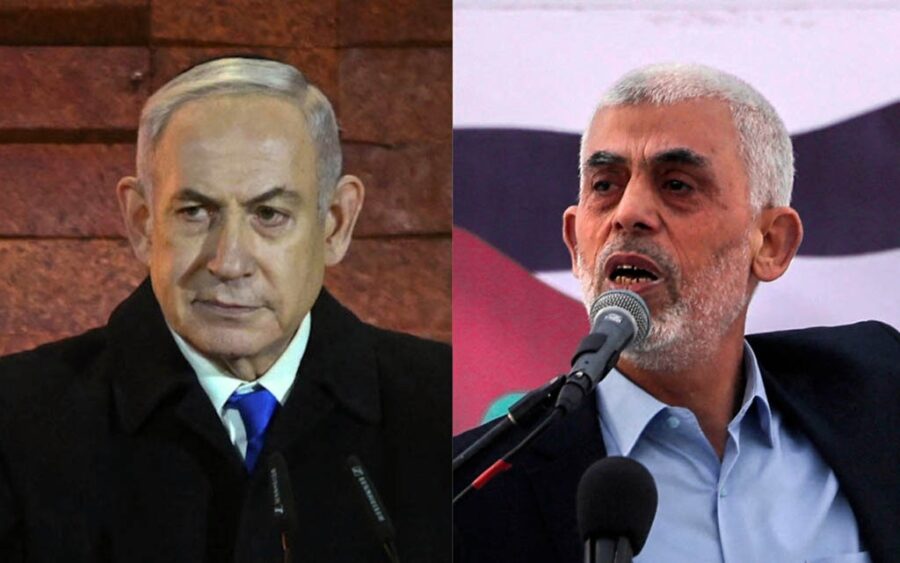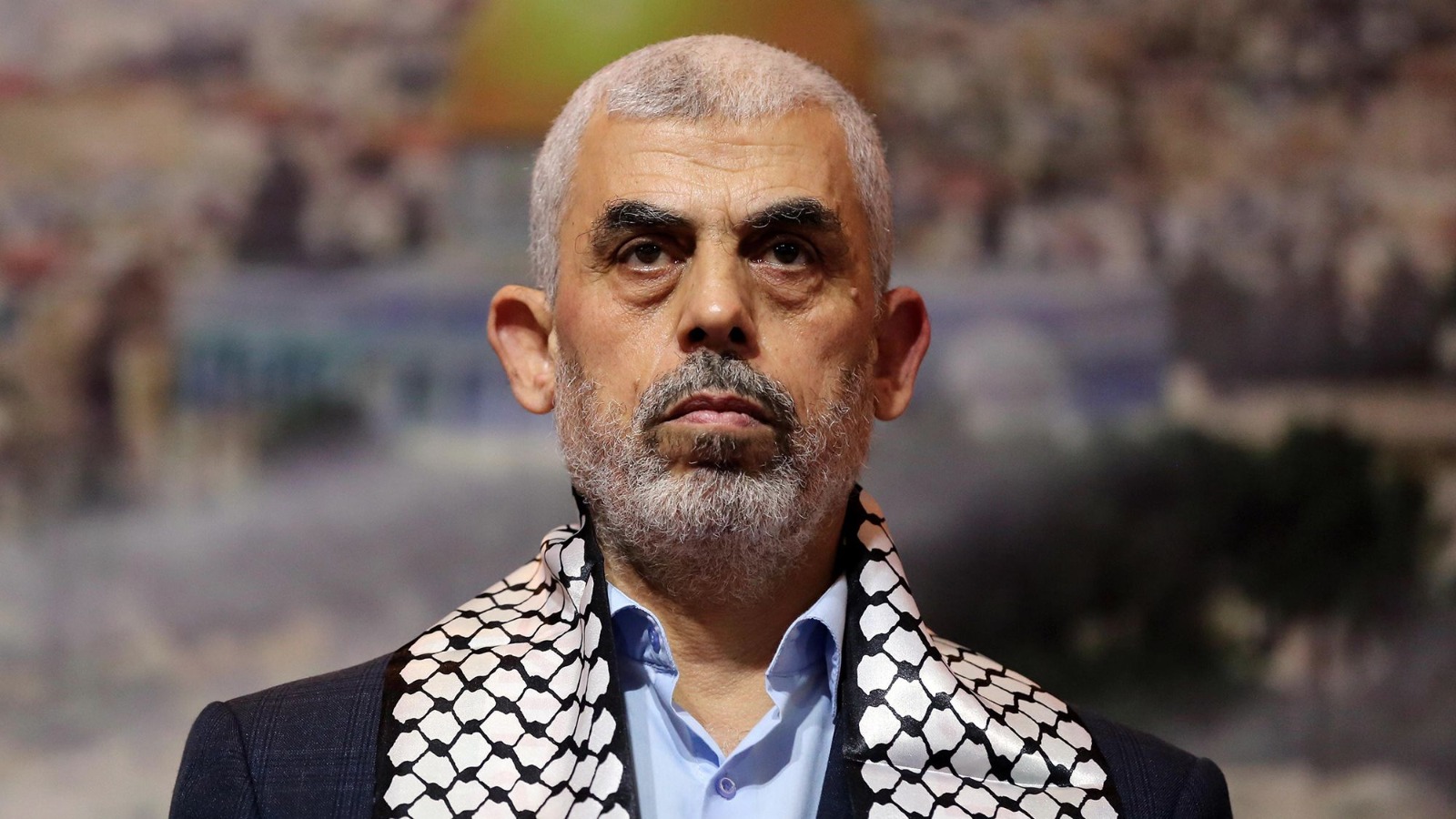Israel’s recent announcement confirming the death of Hamas leader Yahya Sinwar has sent shockwaves throughout the Middle East, sparking varied reactions from key players in the region. The Israeli military operation that resulted in Sinwar’s demise has been hailed as a significant victory by Israeli Prime Minister Benjamin Netanyahu, who emphasized that the war is far from over. Netanyahu stressed that the conflict will continue until all hostages seized by Hamas militants are returned, underscoring Israel’s unwavering commitment to securing the release of its citizens. Has significantly impacted the Middle East conflict. Sinwar, a founding member of Hamas’s military wing, had been at the helm since 2017. His death was the result of an Israeli army operation conducted by the Israeli Defense Forces (IDF) in southern Gaza.
The United States has congratulated Netanyahu on the achievement, with President Joe Biden viewing Sinwar’s death as an opportunity to revive stalled efforts to end the war. The US State Department considers Sinwar’s demise a significant step towards a potential ceasefire, as he was seen as the primary obstacle to negotiations. However, other regional actors have responded with caution, highlighting the complexities of the conflict.
Iran, a long-time supporter of Hamas, has indicated no intention of shifting its support for the militant group. Tehran’s mission to the United Nations stated that “the spirit of resistance will be strengthened” in the wake of Sinwar’s death, signaling continued backing for Hamas. Similarly, Hezbollah, the Lebanese Shia militant group, has declared an escalation in its confrontation with Israel, underscoring the potential for further violence.

The death of Yahya Sinwar has created an opening for negotiations, but it’s clear that the conflict is far from resolved. The international community is urging restraint and calling for a ceasefire, but the situation remains fluid. The Israeli military has continued its operations in Gaza, targeting Hamas infrastructure and militants. Palestinian officials have reported significant civilian casualties, exacerbating humanitarian concerns.
As the situation unfolds, regional experts point to the complexities of the conflict. Sinwar’s demise may weaken Hamas’s leadership, but it’s unlikely to dismantle the organization entirely. The power vacuum created by his death may lead to internal struggles, potentially encouraging more radical factions within Hamas.
The international community must navigate these complexities carefully. Diplomatic efforts should focus on securing a ceasefire, addressing humanitarian concerns, and supporting initiatives that promote long-term stability. The death of Yahya Sinwar presents an opportunity for renewed engagement, but all parties must approach the situation with caution and nuance.
In brief, the confirmation of Yahya Sinwar’s death has profound consequences for the Middle East . While Israel views it as a victory, regional dynamics suggest that the conflict is far from over. The international community must prioritize diplomacy, restraint, and humanitarian concerns to mitigate further violence and support a path toward peace.
Key Highlights:
- Israel confirms Hamas leader Yahya Sinwar’s death
- Israeli Prime Minister Netanyahu vows to continue war until hostages are returned
- US congratulates Netanyahu, sees opportunity for revived peace efforts
- Iran and Hezbollah respond with caution, indicating continued support for Hamas
- International community urges restraint, calls for ceasefire
- Complexities of conflict highlight the need for a nuanced diplomatic approach

